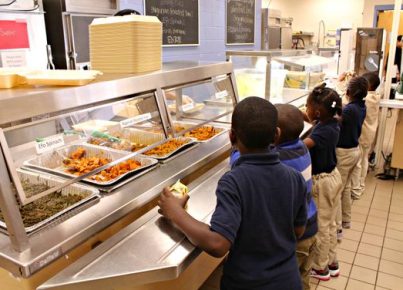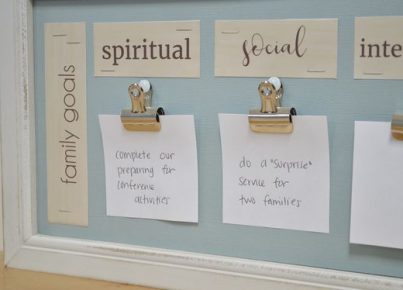Introduction
The legal process can be daunting for adults, let alone children. When children become involved in the justice system, as witnesses or victims of crime, it is essential that their safety and well-being are carefully considered throughout the process. One of the most significant and delicate parts of a legal case involving children is the process of interviewing them in court. This article will discuss the importance of providing a supportive environment during these interviews and offer strategies for facilitating effective communication with children in court.
Child-Friendly Interviewing Techniques
One of the keys to success in interviewing children in court is ensuring that an environment conducive to open communication is created. The following techniques may be employed to put children at ease:
1.Child-Appropriate Language – Use clear and simple language that is appropriate for the child’s age level. Avoid legal jargon or complex words that might confuse or intimidate them.
2. Familiarize Them with the Environment – Before the court date, if possible, arrange for a tour of the courtroom so they can become acclimated to their surroundings.
3. Adopt a Warm and Supportive Approach – Put a child at ease by expressing empathy, being patient, and displaying genuine interest in what they have to say.
4. Utilize Supportive Adults – If permitted by the court, allow a parent or other trusted adult to be present during the interview process.
5. Implement Age-Appropriate Props – Bring props like dolls or drawings when discussing events with younger children, as these tools can help bridge any gaps in understanding or communication.
Legal Guidelines and Considerations
When interviewing children in court, legal professionals must follow specific guidelines that are designed to protect the welfare of children while also ensuring that evidence is reliable:
1. Hearsay Rule Exceptions – Many jurisdictions have relaxed hearsay rules for children’s testimony due to their unique vulnerabilities and need for support during this time.
2. Remote Testimony – In some cases, children may be allowed to give testimony via video-link or behind a screen to minimize their stress and exposure to the accused.
3. Proper Cross-Examination – Legal professionals must maintain a respectful and gentle manner when cross-examining child witnesses, avoiding aggressive or leading questions that may distress or confuse them.
Training and Support for Legal Professionals
For legal professionals who work with children, specialized training is essential to effectively communicate with them during court proceedings. This training typically includes topics such as:
1. Child development – Understanding the cognitive, social, and emotional development stages of children helps legal professionals approach their interviews with age-appropriate techniques.
2. Trauma-Informed Care – Recognizing how trauma affects the behavior and communication of children can support interviews that are sensitive and empathetic.
3.. Cultural Sensitivity – Appreciating cultural variations in communication styles is essential when working with diverse populations of children.
Conclusion
Interviewing children in court is a sensitive process that requires a careful balance between protecting the child’s well-being and ensuring that reliable evidence is collected. By implementing thoughtful techniques and adhering to legal guidelines, legal professionals can contribute to a more positive experience for children who participate in court proceedings. Investing in specialized training will equip those working in the justice system with the necessary skills and knowledge to communicate effectively, respectfully, and compassionately with child witnesses and victims of crime.





